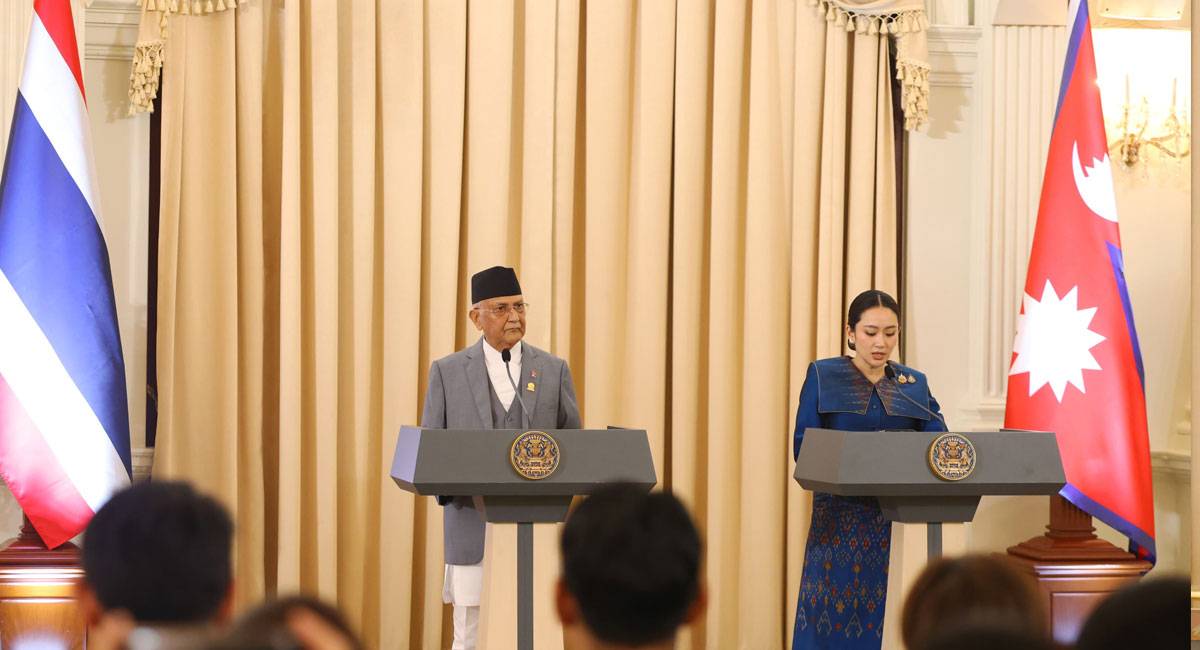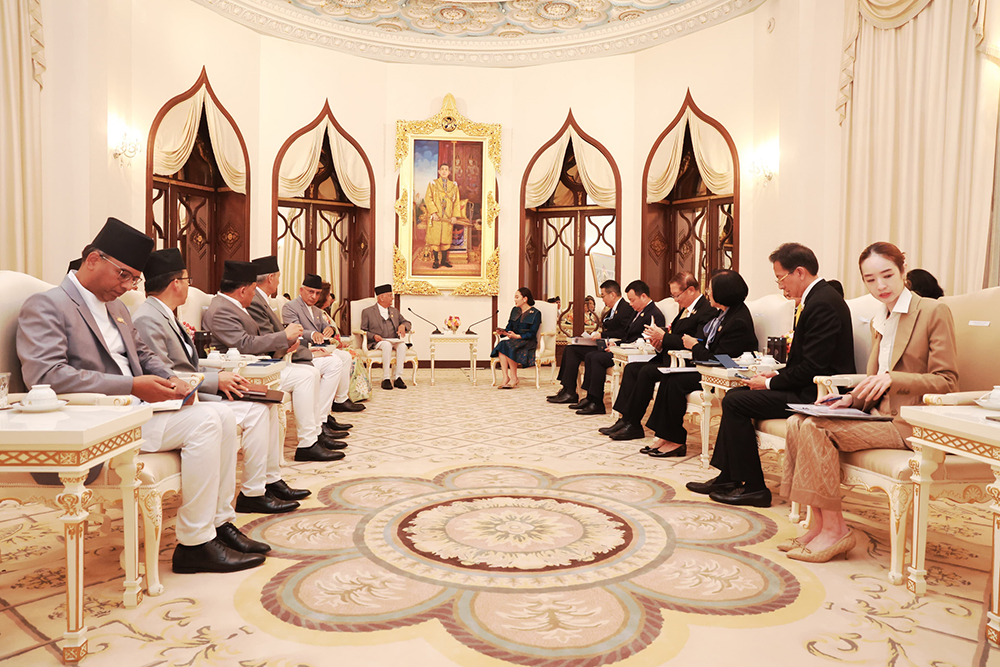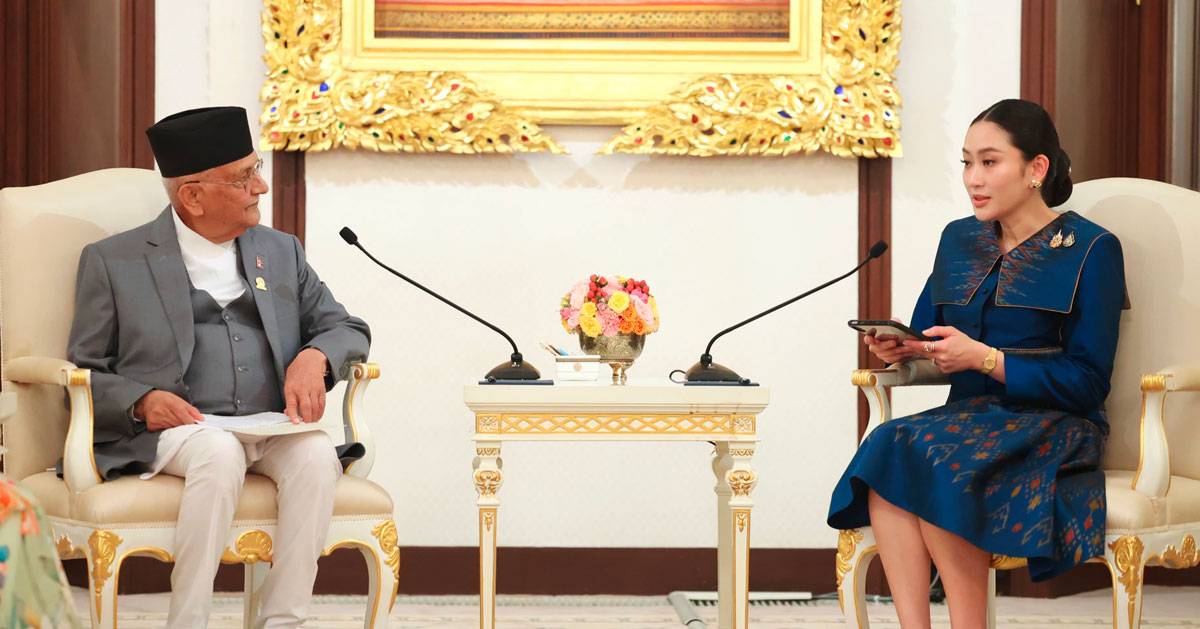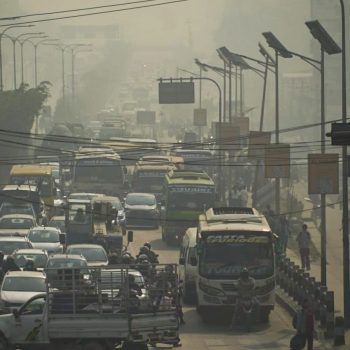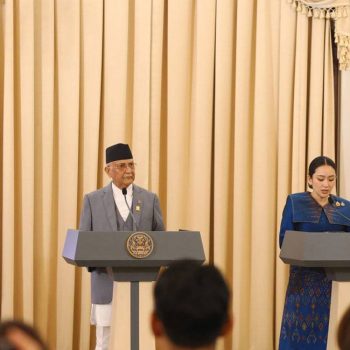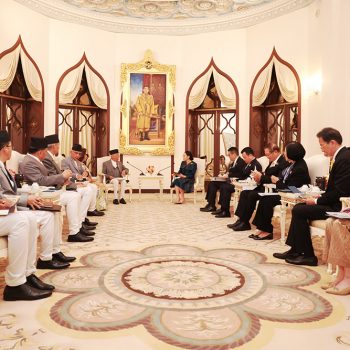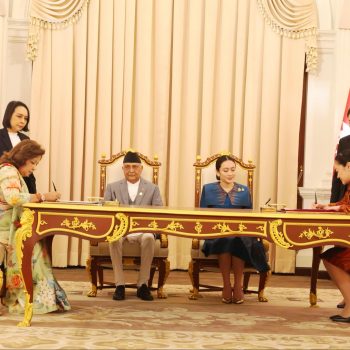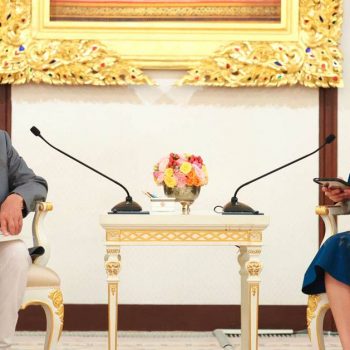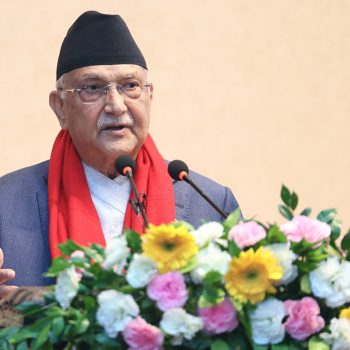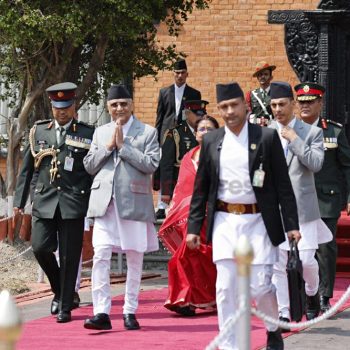‘Effective enforcement of law must to end child marriage’
 NepalPress
NepalPress
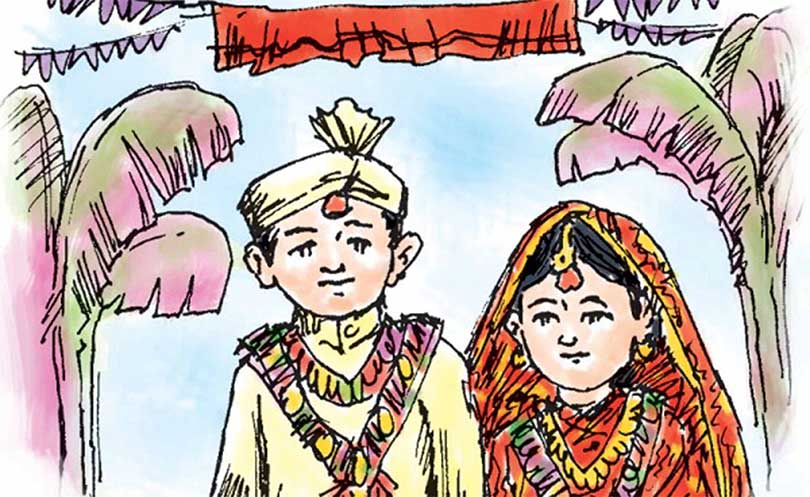
LALITPUR: Effective enforcement of existing law and policy has been underlined for ending child marriage in Nepal.
During a discussion organised by the National Human Rights Commission (NHRC) on ‘Marriage age: Legal provision and implementation status’ in the federal capital on Monday, the speakers said in addition to strict implementation of laws and policies, public awareness campaigns should be continued.
Rather than revising laws to lower the marriage age from the current 20 years to 18 years, it needs to be continued as it is. Programmes on physical and mental health of adolescent girls and quality enhancement of their education are equally important to ensure their decision making capacity, and self-dependency in future. Present legal provision of at least 20 years for marriage helps reduce child and maternal mortality rate, the speakers argued.
Speaker Indira Rana Magar said the children need to be catered to education on social aspects to reduce child marriages. Gender inequality is one of the reasons behind early child marriage, she said, adding that collective efforts from all sides is required to work for ending this social ill.
NHRC secretary Murari Kharel presented a working paper on present status of child marriage and measures to reduce this social ill.
He informed that the highest number of child marriages were reported in Dhanusha district while the least in Manang district.
During the group discussion organised as part of the program, lawmaker Ranju Jha, however, reminded that the interaction the lawmakers’ team including experts held witnessed the demand that current minimum age for marriage, 20, needs to be lowered to 18 years in Sudurpaschim, Madhes and Lumbini provinces.
The parliamentary committee on justice and human rights had held discussions with civil society, people’s representatives and legal experts, according to her.
It was shared in the programme that the factors behind child marriage were least awareness on punitive measures, weak enforcement of existing law, poverty, low social awareness, prevailing traditional thoughts and customs, gender inequality, etc.
The speakers suggested mobilisation of traditional healers and priests against early marriage which have taken a toll, especially on girls. It is also a social blight.
A right advocate, Mina Sharma, informed that 36 percent of Nepali women in the age group of 20 to 24 years are married before 18 years, while it is 11 percent in case of male for the same category.
The programme chaired by NHRC Member Lily Thapa was attended by Speaker Rana, chiefs of constitutional commissions, members of the parliament committees, political representatives, legal practitioners, right defenders, social activists and media persons.



